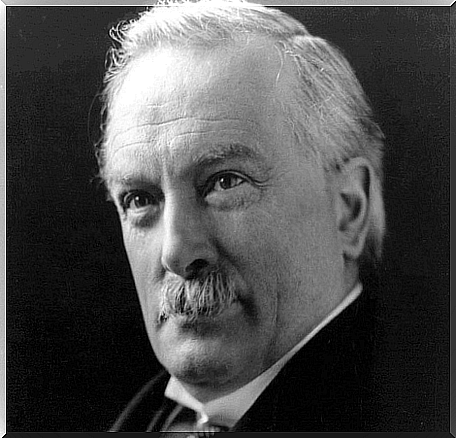Hybris Syndrome: When Power Corrupts

People who suffer from hubris syndrome change personality when they are in leadership positions. This can happen in business, in politics or in other areas where hierarchies exist. It clearly shows that power corrupts.
People with hubris syndrome tend to show extreme pride, excessive self-confidence and total contempt for others. These traits lead to impulsive and often destructive behaviors.
No evidence points to a neuroscientific explanation for the hubris syndrome. In other words , the brain of a person with this condition shows no physiological changes.
The hubris syndrome is not a disorder in itself, nor is it a subtype of narcissistic personality disorder. Instead, it manifests itself in individuals in positions of excessive power and does not develop in the same way as a personality disorder does.

The hubris syndrome and why power corrupts
The term hybris (ὕβρις, hýbris) is a Greek term meaning “abundance”. It is the opposite of sobriety and moderation. The Greeks described a person with hubris as overly proud and someone who treated others with rudeness and contempt. Thus, the person gets pleasure from using his power in this way.
David Owen, a minister in James Callaghan’s Labor Party, and psychiatrist Jonathan Davidson have been researching the hubris syndrome. Owen argues that people often believe that it is a natural (or at least somewhat expected) extension of the self-confidence and ambition that everyone who wants power needs. While many believe that arrogance is often an unfortunate trait in some leaders, they also believe that a certain level of arrogance is simply the price you have to pay for good leadership.
Power is a strong drug, and not all leaders have strong enough character to resist it. To do so requires a combination of common sense, humor, decency and skepticism. Cynicism is also important because it helps you see power for what it is: a privileged opportunity to influence and often determine the outcome of the situations that arise around you.
More specifically, Owen describes the hubris syndrome as a unique and acquired personality disorder that develops only after a leader has been in power for a certain period of time. It is also important to note that this is only applicable when there is no history of psychiatric conditions.
The symptoms of the hubris syndrome show clear signs that power is corrupting
Here is a selection from David Owen’s list of 14 symptoms of hubris syndrome:
- The use of power for self-glorification.
- An almost compulsive focus on personal image.
- Excessive self-confidence, accompanied by contempt for advice or criticism of others.
- Lack of contact with reality.
- A tendency to speak like a messiah.
- Ruthless and impulsive actions.
- Hybris-related incompetence where the excessive self-confidence leads to inattention to details.
When Owen and Davidson examined these symptoms, they noted that they often overlapped with other personality disorders, especially narcissistic personality disorder.
Seven of the 14 symptoms above are in fact also symptoms of narcissistic personality disorder. In addition, the hubris syndrome shares two symptoms with antisocial personality disorder and histrionic personality disorder.
Known cases
Owen and Davidson analyzed the psychological profiles of British prime ministers and presidents in the United States over the past 100 years to find examples of hubris.
They found that seven US presidents showed clear signs of arrogance: the two Roosevelt, Woodrow Wilson, John F. Kennedy, Lyndon B. Johnson, Richard Nixon and George W. Bush. But the only president they thought had this syndrome was George W. Bush.
Among Britain’s prime ministers, Owen and Davidson said Herbert Asquith, David Lloyd George, Neville Chamberlain, Winston Churchill, Anthony Eden, Margaret Thatcher and Tony Blair displayed excessive pride and arrogance. But according to them, only David Lloyd George, Neville Chamberlain, Margaret Thatcher and Tony Blair meet the criteria for the hubris syndrome.

Not only politicians suffer from it
Prime ministers and presidents were easy to study because of the extensive biographical information available about them. However, the hubris syndrome does not only affect politicians. It’s actually about power. Consequently , anyone in a position of power, such as a CEO of a large company, can also suffer from this syndrome.
The great Bertrand Russell wrote about the phenomenon of what happens to an individual’s mental stability when he is in a position of power. He described the causal link between power and deviant behavior. He called it “the intoxication of power.”
This leads to the idea that honorable, moral people can become corrupt after years of accumulating power. This is why it is so important for members of developed societies to keep these people under control with systems that limit the power that a person can have.









